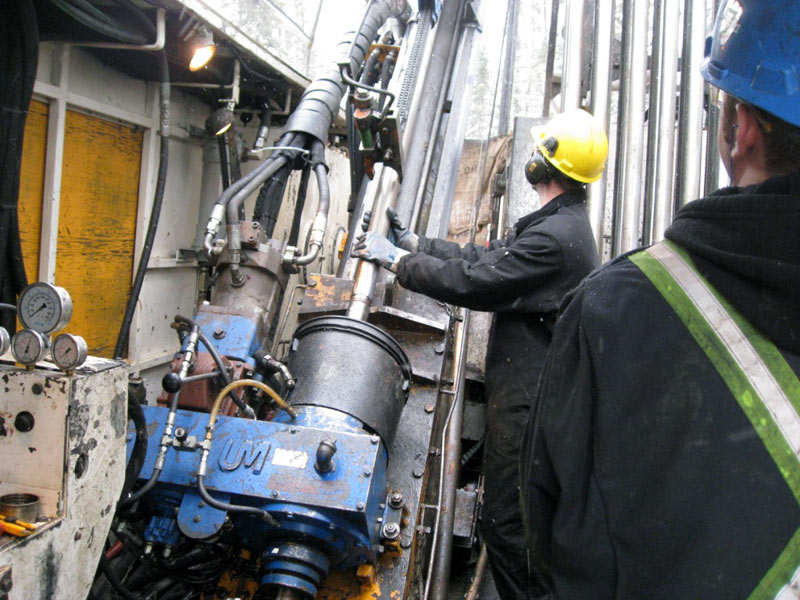Canada Nickel launches wholly-owned NetZero Metals Inc. to develop zero-carbon production of nickel, cobalt and iron

Canada Nickel is advancing the new Crawford nickel-cobalt sulphide discovery.
Canada Nickel Company Inc. [CNC-TSXV] created a wholly-owned subsidiary, NetZero Metals, to begin the research and development of a processing facility that would be located in the Timmins, Ontario region with the goal of utilizing existing technologies to produce zero-carbon nickel, cobalt and iron products.
The company has applied for trademarks for the terms NetZero Nickel™, NetZero Cobalt™, and NetZero Iron™ in U.S., Canada, and other jurisdictions related to zero-carbon production of nickel, cobalt, and iron products.
“The electric vehicle industry and many other consumer sectors needs zero-carbon metal this decade – not in a nebulous 2050 timeframe contemplated by many other resource companies,” said Mark Selby, Chairman and CEO of Canada Nickel. “As a result of the unique advantages of the Timmins region with its close proximity to zero-carbon hydroelectricity and our Crawford Nickel-Cobalt Sulphide project, comprised largely of serpentine rock that naturally absorbs CO2 when exposed to air, Canada Nickel has the potential to develop zero-carbon products that our customers are expecting from the mining sector. With nickel as a preferred metal to power the clean energy revolution, our commitment to net zero-carbon production is the right step to take for the environment, for consumers, and for our investors.”
Serpentine rock, the host rock comprising more than 90% of the mass of the resource at the Crawford Nickel-Cobalt Sulphide Project, has had numerous studies completed that note that the rock naturally absorbs carbon dioxide (CO2) when exposed to air through a naturally occurring process of spontaneous mineral carbonation. The nickel industry faces a number of challenges as the current processing approach of laterite and sulphide ores generate a significant environmental footprint in the form of SO2 and CO2 emissions.
These environmental challenges will only worsen given the industry supply profile with the bulk of recent nickel supply growth and the main source of future production growth being nickel pig iron production in Indonesia, which, according to industry sources, uses 25-30 tonnes of coal to produce each tonne of nickel, which when combined with other sources of CO2, generates nearly approximately 90 tonnes of Scope 1 and Scope 2 CO2 emissions per tonne of nickel produced.
In trading on July 27, shares of Canada Nickel gained $0.61 to $1.96 on a volume of 1,810,400 shares traded.
